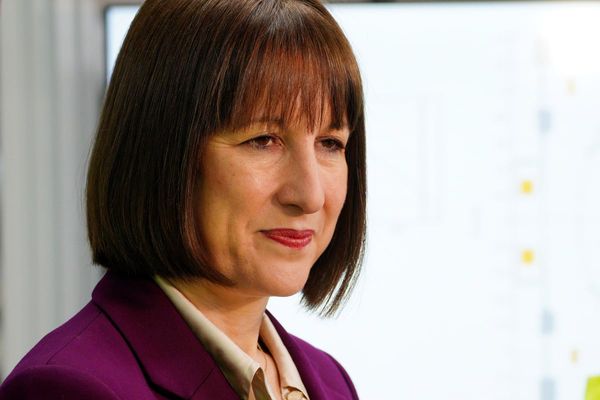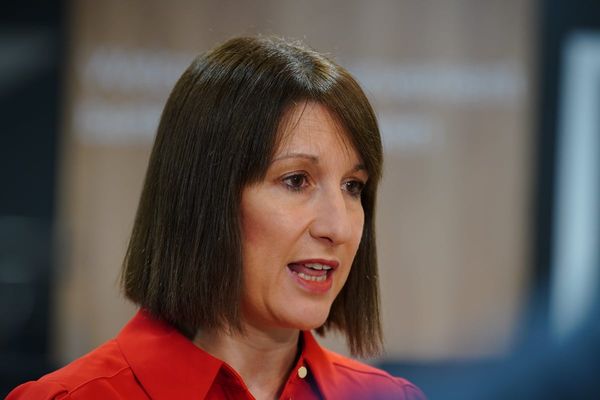Government borrowing jumped to £17.8bn in December, the highest level in four years and £3.2bn more than forecast.
The deficit was the highest for any December since 2020 - the height of the pandemic - when the government was forced to prop up closed businesses and spend billions of pounds on medical equipment because of the Covid lockdowns.
Why did it rise?
A pay rise for public sector workers helped fuel expenses for the government, as well as poor economic growth, which translates to a lower tax take for the Treasury.
The government also bought 36,000 military homes, which cost £1.7bn during the month.
Public spending in general rose by £12.9bn in the last year, while one of Rachel Reeves’s main revenue-raising plans, to increase the rate and lower the threshold for employers’ national insurance, does not begin until April.
Is it a problem for Rachel Reeves?
Analysts suggested that the borrowing rise was of no greater concern than the other challenges facing the chancellor.
The UK economy will grow 1.6 per cent, the fastest out of Europe’s biggest economies and the third fastest in the G7, after Canada and the US, according to the International Monetary Fund. But that comes after a period of very low growth and productivity.
Government bond prices stayed largely the same, suggesting that traders were not concerned by the sudden surge in borrowing. But yields are still not far off the highs seen a few weeks ago when gloomy growth figures and stubborn inflation were worrying economists.

“The bond market hasn’t panicked about UK government borrowing shooting up to £17.8 billion,” says Russ Mould, investment director at AJ Bell.
“While the public sector net borrowing figure was much higher than the £14.1 billion consensus estimate, the UK 10-year gilt yield was unchanged at 4.594 per cent which implies the bond market had already priced in a punchy rise in borrowing.
“We’ve already seen big movements in gilt yields in recent weeks, but that doesn’t mean Rachel Reeves now has nothing to worry about. The pressure is on the chancellor to get public finances in order and to accelerate economic activity.”
What’s her response?
Ms Reeves, who announced £40 billion of tax hikes in her first budget, told reporters she would like to bring the overall burden down but she could not yet afford to do so and “I’m not going to make promises that I can’t keep”.
Speaking at a Bloomberg event in Davos, Switzerland, where the World Economic Forum has attracted business leaders from around the globe, she said she had a plan to grow the economy.
She said: “We’re reforming the planning system, we’re reforming our regulatory system, reforming pensions, and also this year we’re going to be publishing an immigration white paper, and although we know that we need to bring immigration down, particularly illegal immigration into the UK, we are going to look again at routes for the highest-skilled people, visas particularly in areas like AI and life sciences, because Britain is open for business.”










